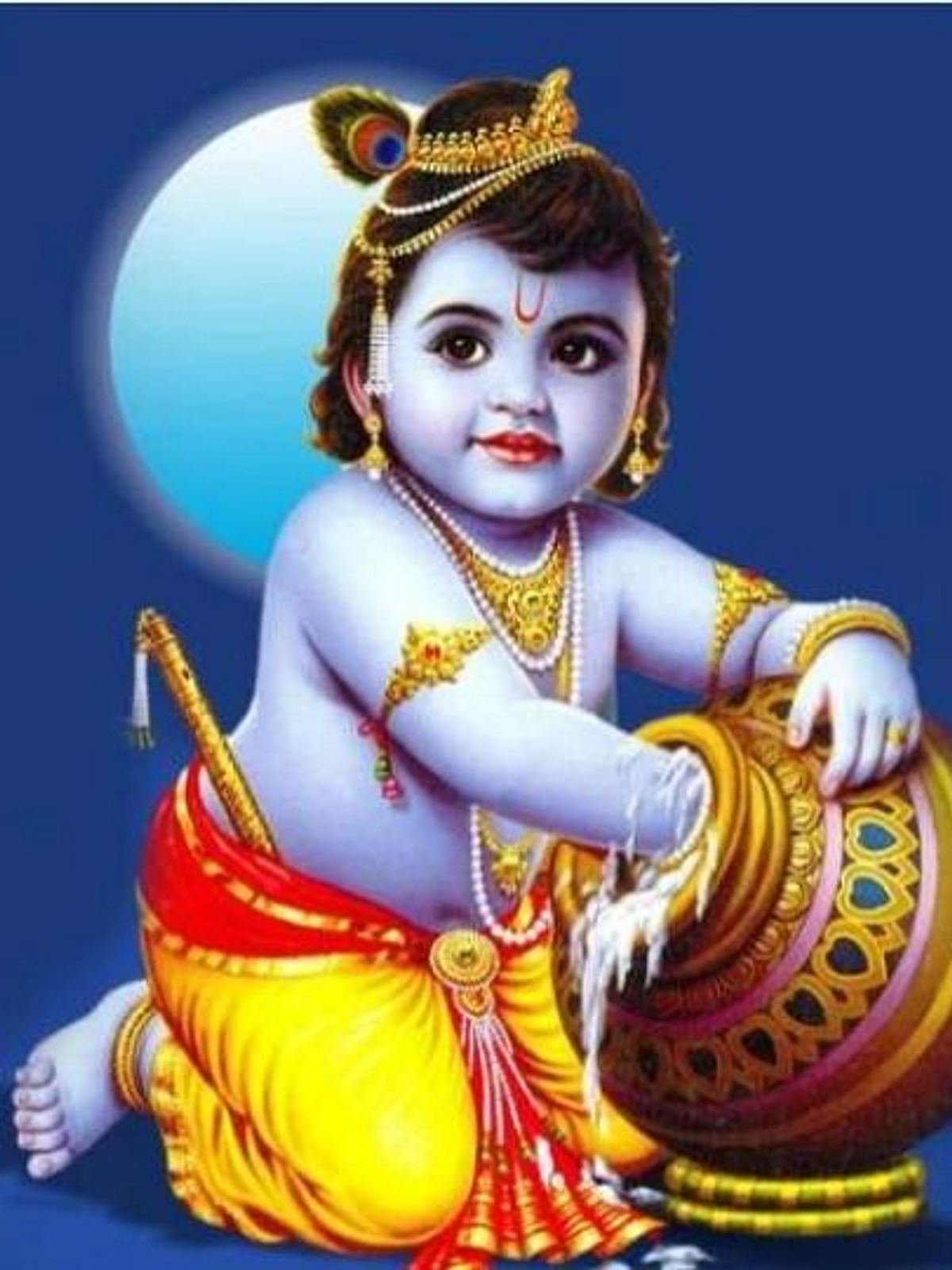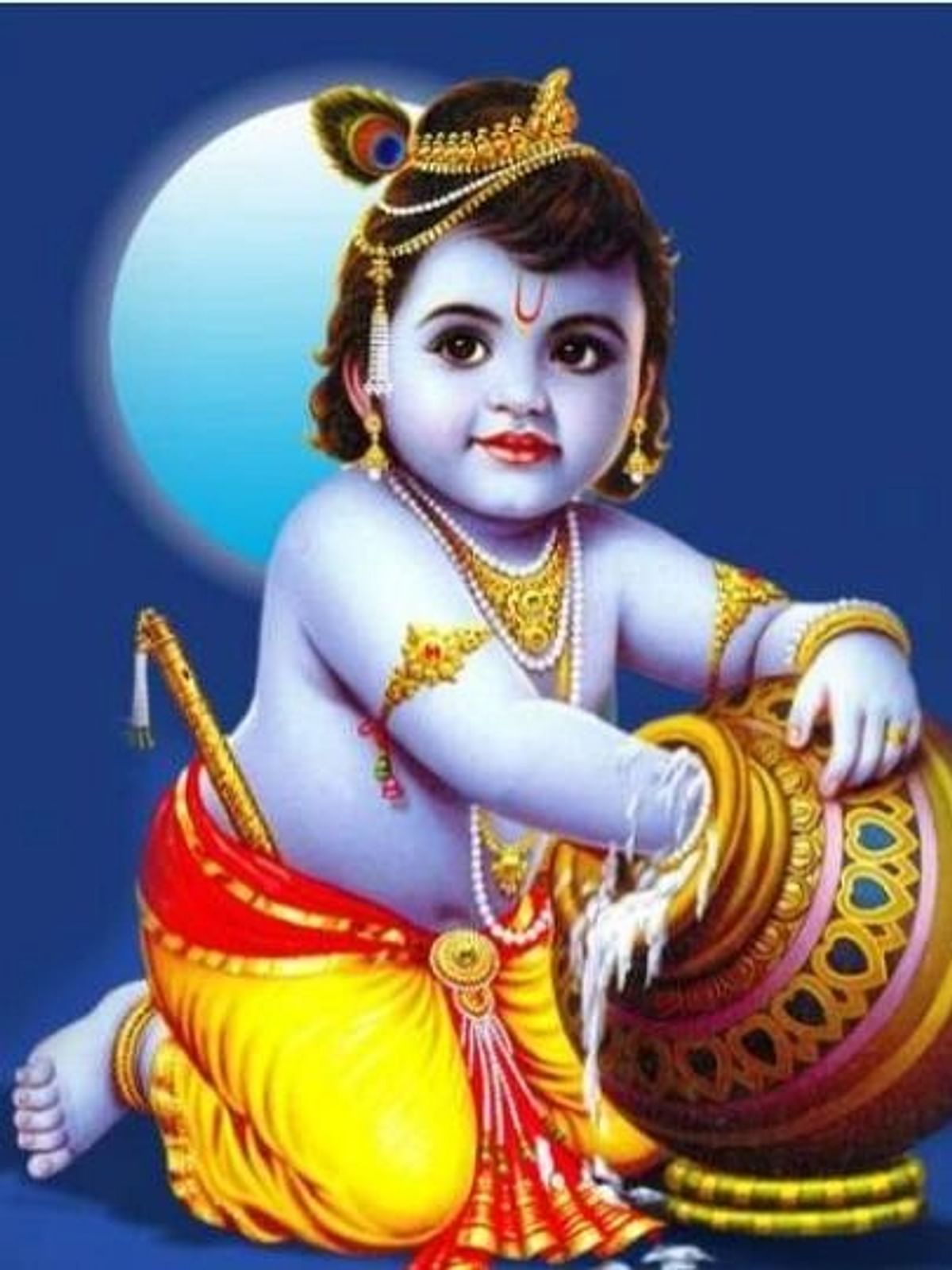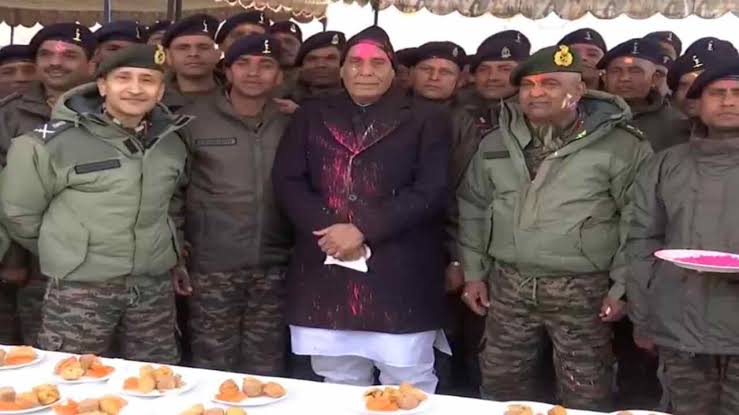Origin of the festival
Janmashtami 2023: Janmashtami is a Hindu festival that celebrates the birth of Krishna, the eighth avatar of Vishnu. The festival is believed to have originated in India and is now celebrated all over the world.
The earliest mention of Janmashtami is found in the ancient Indian epic Mahabharata. According to the Mahabharata, Krishna was born in the city of Mathura in the month of Bhadrapada, which falls in August or September.
How is the festival celebrated?
Janmashtami is celebrated over a span of two days, with the main day being the eighth day of the dark fortnight of the month of Bhadrapada. On the first day, called Ashtami, a clay image of Krishna is installed in a temple or home. The image is bathed, dressed in fine clothes, and offered prayers and offerings. In the evening, there is a community feast, called a bhajan, where people sing songs and dance in praise of Krishna.
On the second day, called Navami, people fast and visit temples to pay homage to Krishna. In some parts of India, there is a tradition of breaking a pot of yogurt with a sword, symbolizing Krishna’s victory over the demon Putana.
Other popular ways to celebrate Janmashtami include:
- Performing Rasa Lila, a dance-drama that depicts the life of Krishna.
- Reading the Bhagavad Gita, a sacred text that contains Krishna’s teachings.
- Offering prayers and making offerings to Krishna.
- Spending time with family and friends, sharing stories and songs about Krishna.
Spiritual significance of the festival
Janmashtami has a deep spiritual significance. It is an important symbol of the victory of good over evil and divine intervention to restore balance in the world. The Bhagavad Gita emphasizes on the teachings, duty and righteousness of Lord Krishna, inspiring the devotees to lead a virtuous life. His life story exemplifies the fickleness of the Lord and the unconditional love between the devotees and the deity.
Region where it is celebrated.
Janmashtami is celebrated all over India, but regions associated with Krishna’s life such as Mathura, Vrindavan and Dwarka hold special significance. Grand processions, performances and cultural programs are witnessed during festivals in these cities. Monasteries in India, Janmashtami, Nepal, Bangladesh and other countries with significant Hindu populations are recognized.
History of the festival
The history of Janmashtami is rooted in ancient texts such as the Puranas and the Mahabharata, which describe the birth and life of Lord Krishna.
The Mahabharata describes how Krishna was born to Devaki and Vasudeva, who were members of the Yadava clan. Devaki was the sister of Kansa, the king of Mathura. A prophecy from Caines warned that he would be killed by one of his clients. To prevent this prophecy from coming true, Kansa killed all of Devaki’s children.
However, Krishna was miraculously saved by his father, Vasudeva, who smuggled him out of the palace and took him to Gokul, a village where he was raised by foster parents.
Krishna grew up to be a great warrior and hero, and he eventually defeated Kansa, bringing peace to the kingdom of Mathura.
Dates of the festival in current year
This year, Janmashtami will be celebrated on September 6 and 7, 2023. The Ashtami Tithi will begin on September 6 at 11:57 PM and end on September 7 at 4:14 PM.
Pooja Muhurta
The worship of Shri Krishna Janmotsav starts at 11:57 PM. The birth anniversary and worship of Lord Gopal will be till 12:42 PM.



